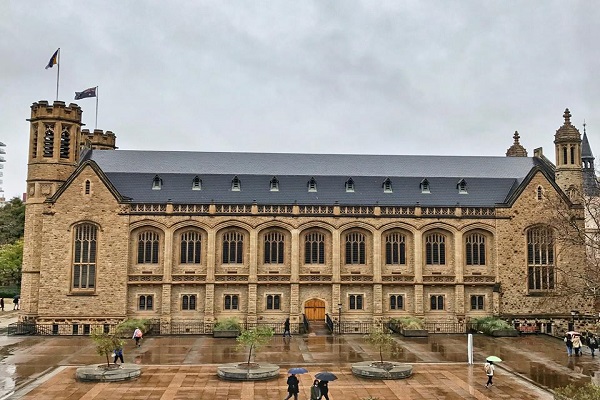University of Adelaide: Housing design for older South Aussies under the spotlight
University of Adelaide researchers will investigate the quality of housing for older South Australians to improve their wellbeing and resilience to extreme weather.
People at least 65 years old and who live independently in the Charles Sturt, Playford, Salisbury, Port Adelaide Enfield and Murray Bridge council areas are invited to take part in the study.
The study is a continuation of a recently-completed ARC Discovery project, titled “Improving thermal environment of housing of older Australians”, which analysed the housing of more than 300 older people and resulted in the “Thermal Comfort at Home: A Guide for Older South Australians ”.
“We are aiming to develop affordable strategies that older people can adopt so they are comfortable in their own home,” said Professor Veronica Soebarto, lead researcher from the University of Adelaide’s School of Architecture and Built Environment.
“We hope this project will advance knowledge about design and operation of more resilient and affordable housing that will improve health and wellbeing.
“South Australia’s cold winters and hot summers present a range of challenges for older people who live in housing that is not adequately prepared for those conditions.
“How a house is designed can play a significant role in ensuring it cools down during warmer months, and retains the heat during cooler temperatures.
“Well-designed houses can provide cost-effective solutions, which are more important than ever, considering the rising cost of electricity and gas.
“Given that people aged over 60 spend up to 80 per cent of their time inside their own home, it is vital that we can have their homes adequately prepared to cope with changes in temperature.”
Professor Veronica Soebarto, lead researcher from the University of Adelaide’s School of Architecture and Built Environment.
“We also know older people are more vulnerable to a range of physical and health-related issues.
“As we discussed in our guide published last year, thermal comfort isn’t just about how a person feels – it can also affect health and wellbeing.
“Cold weather leads to more cases of cardiovascular diseases, influenza, pneumonia, arthritis and changes in mood such as depression, while hot weather can lead to heat strokes, lethargy and headaches.
“Given that people aged over 60 spend up to 80 per cent of their time inside their own home, it is vital that we can have their homes adequately prepared to cope with changes in temperature.”
Focus group discussions are likely to start in October followed by a monitoring study next year.

